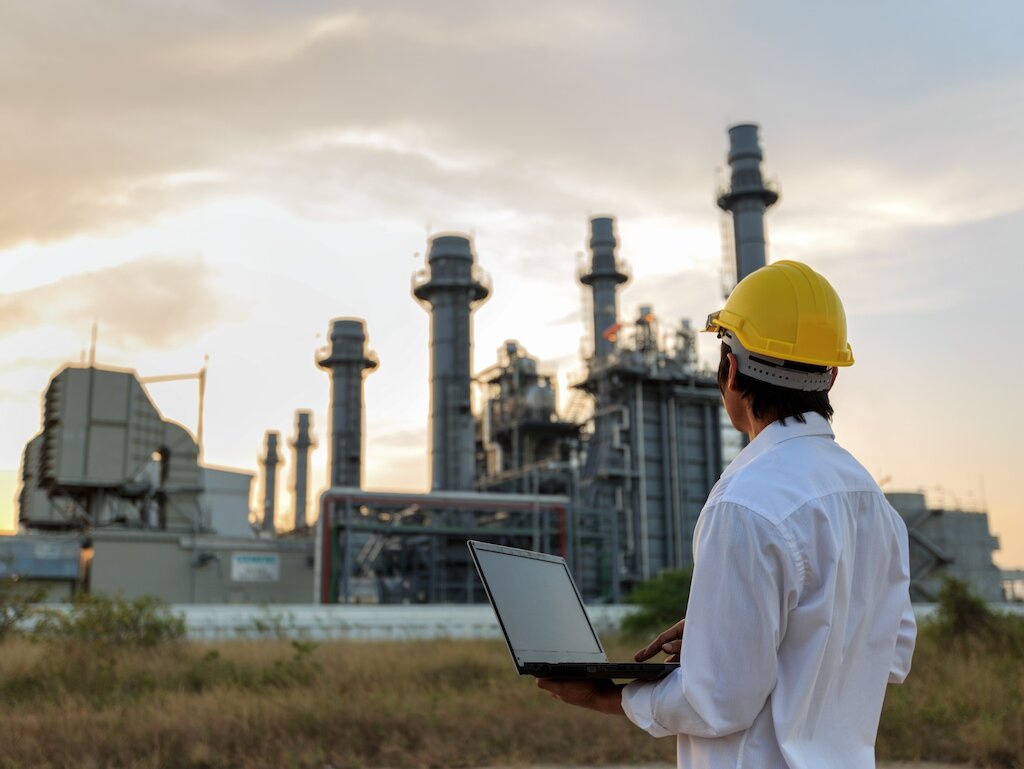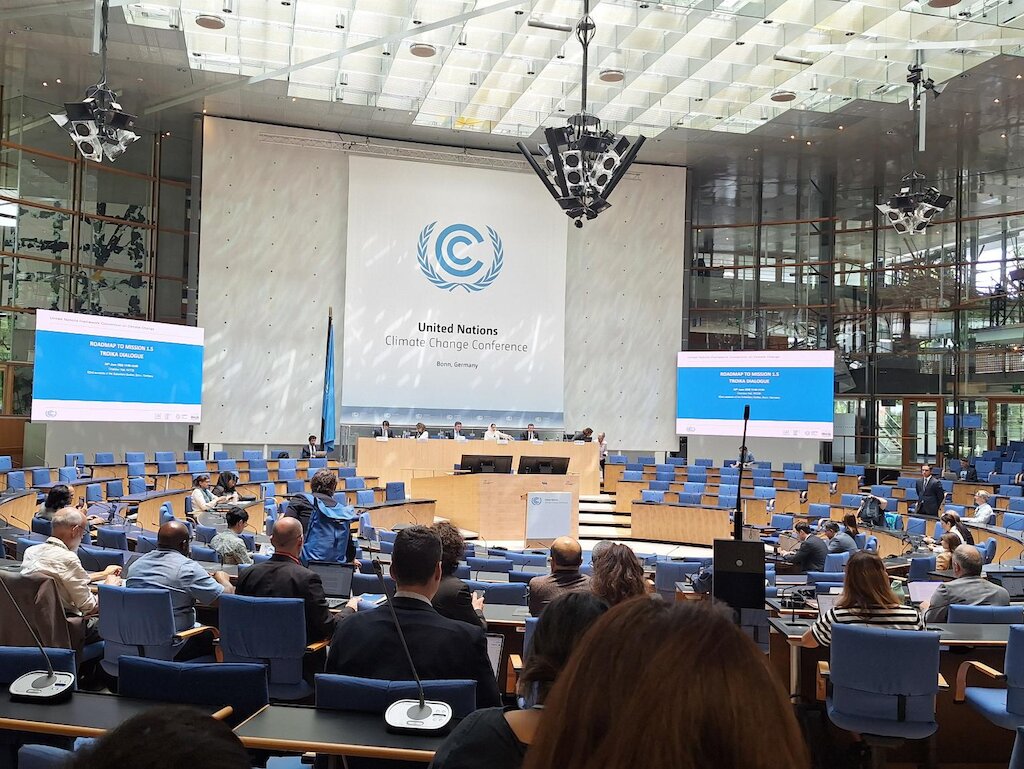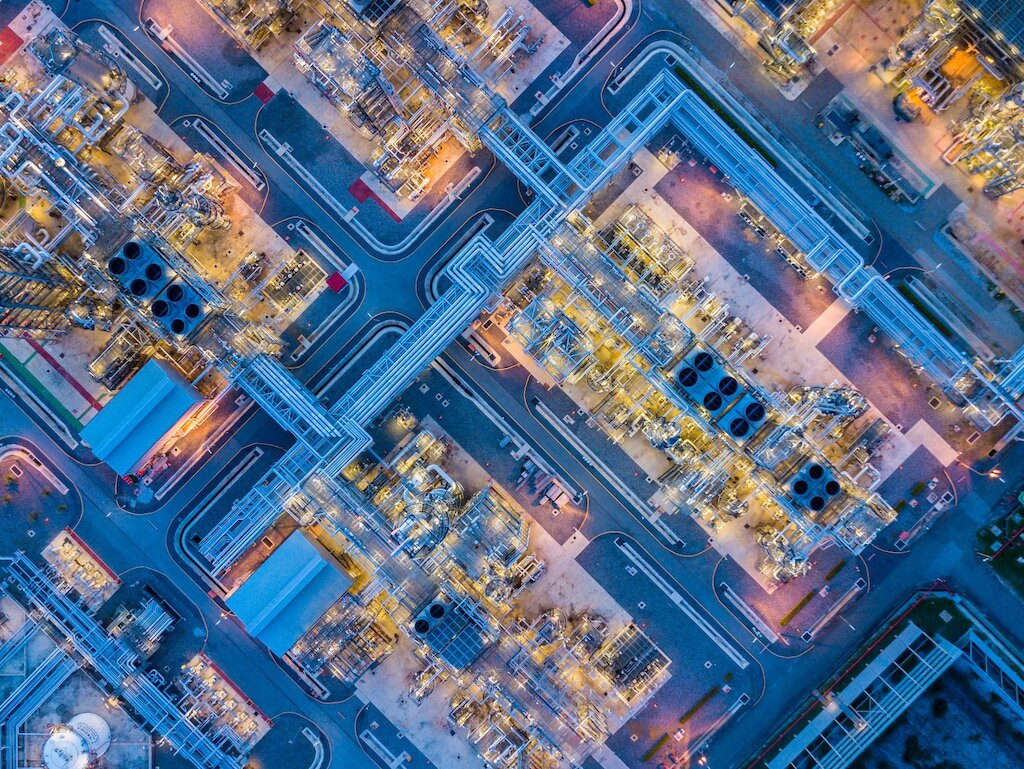As we approach the halfway mark for this very significant Conference of the Parties (COP), the world leaders and parties' representatives have been called to take action and to 'rewrite our story', as Sir David Attenborough stated at the beginning of this year's UN climate summit in Glasgow.
There are already signals that the negotiations are moving in the right direction. On Tuesday, more than 100 world leaders committed to halt and reverse deforestation by 2030, and over 100 countries signed a global pledge to reduce methane emissions by 30% by 2030. Although topics like Article 6 of the Paris Rulebook, climate funding and the transparency framework are still under negotiation, there is room for some optimism and hope that the goals of the Paris Agreement will be met.
According to a recent analysis by the IEA (International Energy Agency), if the updated pledges to further reduce not only CO2 but also methane emissions are placed together with previous commitments, and are met in full and on time, the world may be on track to a 1.8°C increase in temperature by 2100. For the first time since the Paris Agreement was signed, it seems that the world may be making progress in meeting the aim of holding the temperature increase to well below 2°C - but more is still needed to deliver on this.
On Thursday 4 November, Ipieca hosted a side-event illustrating how the oil and gas industry can contribute to a net-zero future featuring speakers from MIT, UNEP, OECD, World Bank GGFR, IEA-GHG, OGCI, Ecopetrol, Chevron and TotalEnergies, with a moderator from PETRONAS. Panellists discussed the role of the industry to mitigate its own emissions, and the importance of partnerships to reach net-zero and the SDGs. Ipieca also participated in a roundtable on the role of the hydrocarbons industry in achieving carbon neutrality and climatic resilience for the Colombian economy.
Ipieca will continue to attend the events in Glasgow an observer organization and will provide updates to our members at the end of COP26.



